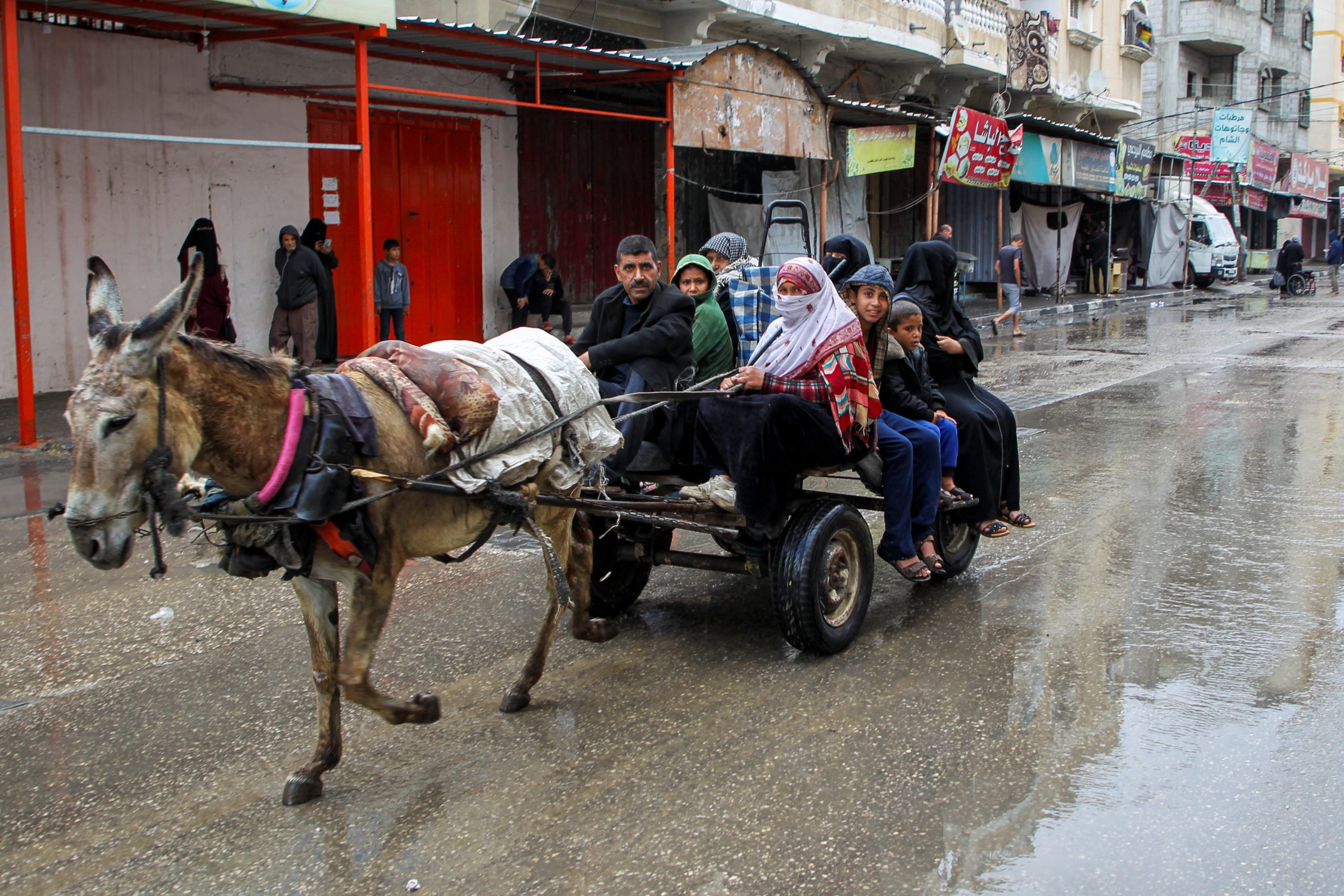Israel is poised to launch a partial offensive on eastern Rafah, a move that heightens concerns about exacerbating the already dire humanitarian crisis in Gaza. Despite international allies signaling reluctance to support actions that disproportionately harm civilians, Israel persists in its plans. The offensive aims to target Hamas in Rafah and the Philadelphi Corridor, framing it as essential for Israel’s security.
Rafah, located in southern Gaza and bordering Egypt, is home to around 1.4 million people, half of whom are children. The city’s population has been significantly affected by the ongoing conflict, with thousands being evacuated from eastern Rafah as Israel prepares its offensive. The area under evacuation orders covers approximately 30 square kilometers.
The trigger for Israel’s planned invasion stems from recent rocket attacks by Hamas from eastern Rafah, resulting in casualties among Israeli soldiers. This offensive threatens to sever vital lifelines for Gazans, including the Karem Abu Salam border crossing, crucial for the delivery of humanitarian aid. Despite potential political and military limitations on a full-scale invasion, Israel proceeds with this operation to exert pressure on Hamas during ceasefire negotiations.

Palestinians in Rafah have been instructed to seek refuge in al-Mawasi, an area on the western coast lacking adequate infrastructure and safety provisions. Aid agencies warn that funneling more displaced people into al-Mawasi will exacerbate an already dire humanitarian situation, with shortages of food, water, and medical supplies.
Preparations for the offensive include the construction of large tents in Khan Younis to accommodate evacuees and the redeployment of Israeli brigades near Rafah. This indicates a significant military undertaking involving artillery, air, and naval support, potentially lasting months. International reaction to the looming offensive has been largely critical, with warnings of increased suffering and death among civilians.
The consequences of a Rafah offensive would include severe disruptions to humanitarian aid and an escalation of hunger in Gaza. Additionally, there are concerns about the vulnerability of sick, wounded, elderly, and disabled individuals who may struggle to evacuate safely. Despite these warnings, Israel presses forward with its plans, raising alarms about the further deterioration of the humanitarian situation in Gaza.


